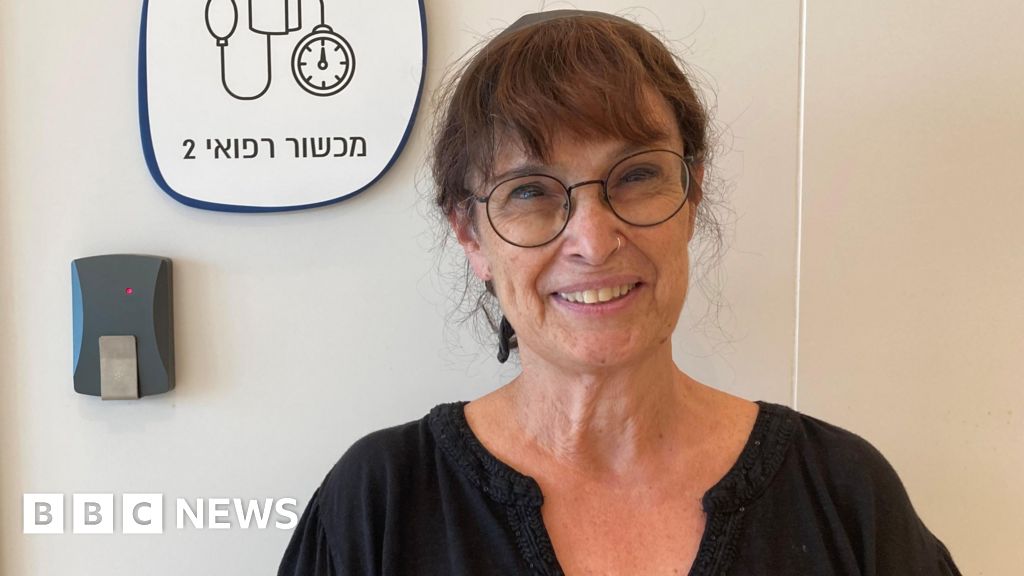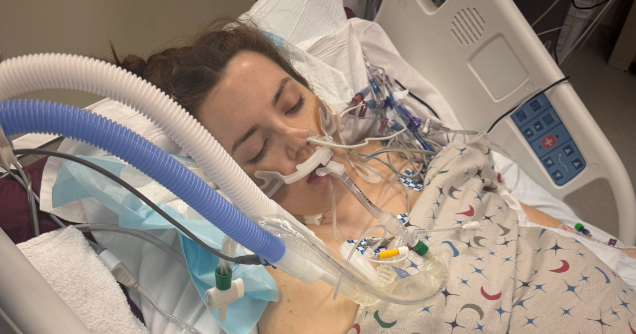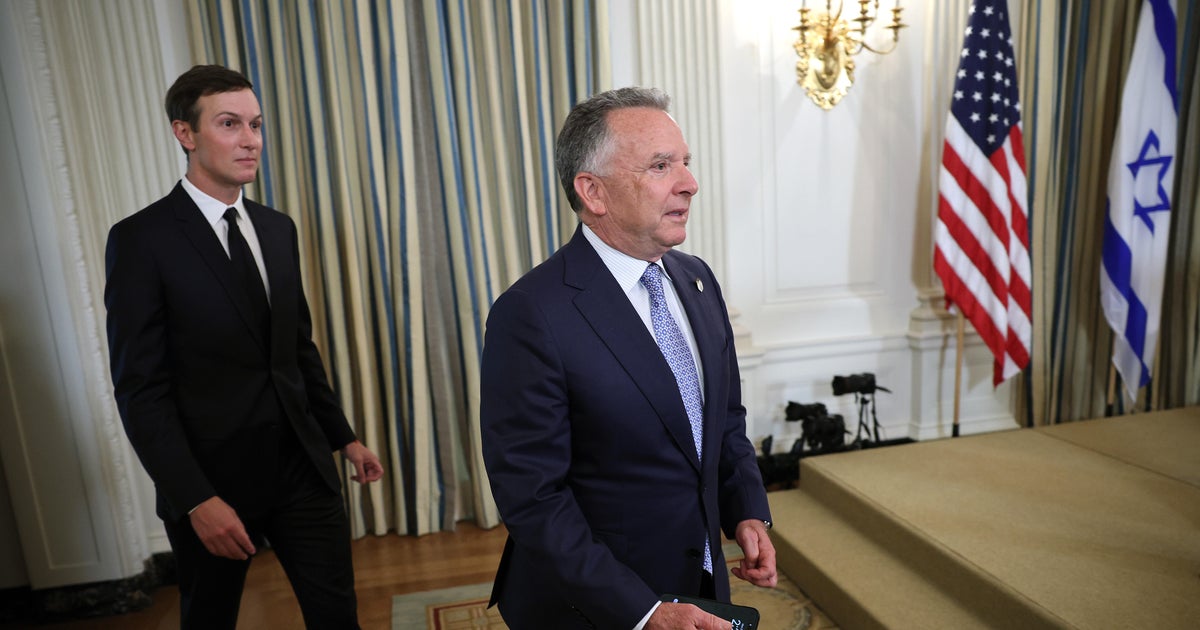Rabin Medical Center Prepares for Freed Hostages with Innovative Trauma Care

Hospital Prepares for Arrival of Freed Hostages
The Rabin Medical Center in Petah Tikva is gearing up to receive several Israeli hostages recently freed from Gaza. Medical teams are developing specialized care protocols to address the physical and psychological toll endured during captivity. This approach is being described as “inventing captivity medicine,” highlighting the unprecedented rehabilitation challenges faced by the hospital staff.
Innovative Medical Responses to Trauma
Hostages arriving at Rabin Medical Center will require comprehensive treatment that combines trauma recovery with physical rehabilitation. Physicians and mental health experts are collaborating to create individualized care plans that address the complex needs of these patients. This includes managing injuries, malnutrition, and severe post-traumatic stress symptoms, underlining the hospital’s role in pioneering new medical practices.
Significance and Hope
This effort marks a critical step in supporting the hostages’ reintegration into normal life. The hospital’s preparation reflects a commitment to healing beyond traditional medicine, aiming to restore hope and health to those affected by captivity’s harsh realities.
About the Organizations Mentioned
Rabin Medical Center
Rabin Medical Center (RMC), located in Petah Tikva, Israel, is one of the country's largest and most prestigious multidisciplinary medical institutions, renowned for its excellence in patient care, advanced medical technology, and clinical research. Established through the 2006 merger of Beilinson Hospital (founded in 1936) and Hasharon Hospital (founded in 1942), RMC has evolved into a major tertiary referral center with over 1,200 inpatient beds, 46 hospitalization wards, 37 operating rooms, and 50 research laboratories, serving more than 700,000 outpatient visits annually[1][4][7]. RMC is affiliated with the Sackler Faculty of Medicine at Tel Aviv University, positioning it as a leading teaching hospital and practical base for medical students and professionals[1][4]. The center’s credo, "People for people," underscores its philosophy that technology serves human care, emphasizing patient comfort alongside cutting-edge treatment[1]. The hospitals within RMC—Beilinson and Hasharon—were early adopters of international safety and quality accreditations, including from the Joint Commission International (JCI), affirming its global standards[1]. The center is distinguished by numerous medical breakthroughs, such as Israel’s first kidney transplant, domino heart transplant, brain catheterization, and the first permanent artificial heart transplant in the country. It has pioneered innovative surgical techniques, including complex spinal realignments and endoscopic spine procedures[7]. RMC’s Emergency and Trauma Center is the largest in the Middle East and one of Israel’s six Level One trauma centers, playing a critical role in treating war injuries and terror victims[5]. Specialized units like the Davidoff Cancer Center utilize advanced technologies such as gamma cameras and linear accelerators for precise cancer diagnosis and treatment, while the Helen Schneider Women’s Hospital conducts over 23,000 annual women’s health examinations and supports complex reproductive treatments for about
















